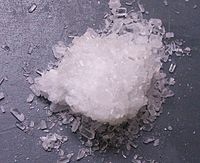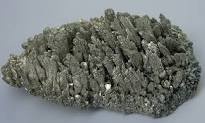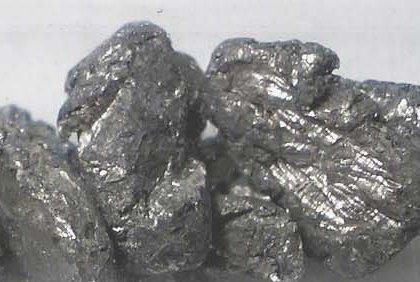ROLE OF CALCIUM AND MAGNESIUM IN HUMAN BODY
Calcium and magnesium are most essential minerals for human life. They work in human cell to minimize the effect of each other. Tension and relaxation are associated with calcium and magnesium.
Magnesium story is very interesting. A former take his cows to the well for water. But they refused to drink. But he knows that it is useful for healing wounds. The former name was Epsom. And this salt named Epsom salt which later identified that it was hydrated magnesium sulfate MgSO4.7H20. It is at number at 8 among the most abundant elements. It is represented by symbol Mg.

It was first produced by Sir Humphry Davy in 1808. Pure metal is rarely existed. It existed in raw form with oxides.

Calcium is at fifth number among the most abundant element list. It used date back to 7000 to 14000 B.C. It used in kiln was reported before 25000 B.C. It is represented by symbol Ca.

Both elements are essential for human body. Calcium gives hardness or stress to the muscles. But on the other hand Mg makes the muscle relax. Calcium works in way that it excite the nerves but magnesium tried to calm down. Some functions of calcium are as follows.
- It helps to build strong bones and teeth.
- It helps to stabilize the heartbeat.
- It strengthens the muscles.
- It helps to generate the hormones.
- As anti-heartburn.
Overdosing of calcium cause the serious problems like kidney stone and deficiency cause the very common disease called Osteoporosis.
Now some important functions of Magnesium are as follows.
- It takes part in more than 300 chemical reactions in human body.
- It balances the calcium intake.
- It reduces the stress
- Protect from kidney stone.
- Protect from heartburn.
- Protect from heart attack.
- Strengths the bones.
- Lower the level of LDL.
- Increases the level of HDL.
- Help to get rid of constipation.
Above are the some important functions of calcium and magnesium. Now, the question is how much the intake of calcium and magnesium id recommended. The recommended level of calcium is 1000 mg per day and 400 to 450 mg per day for adults.



